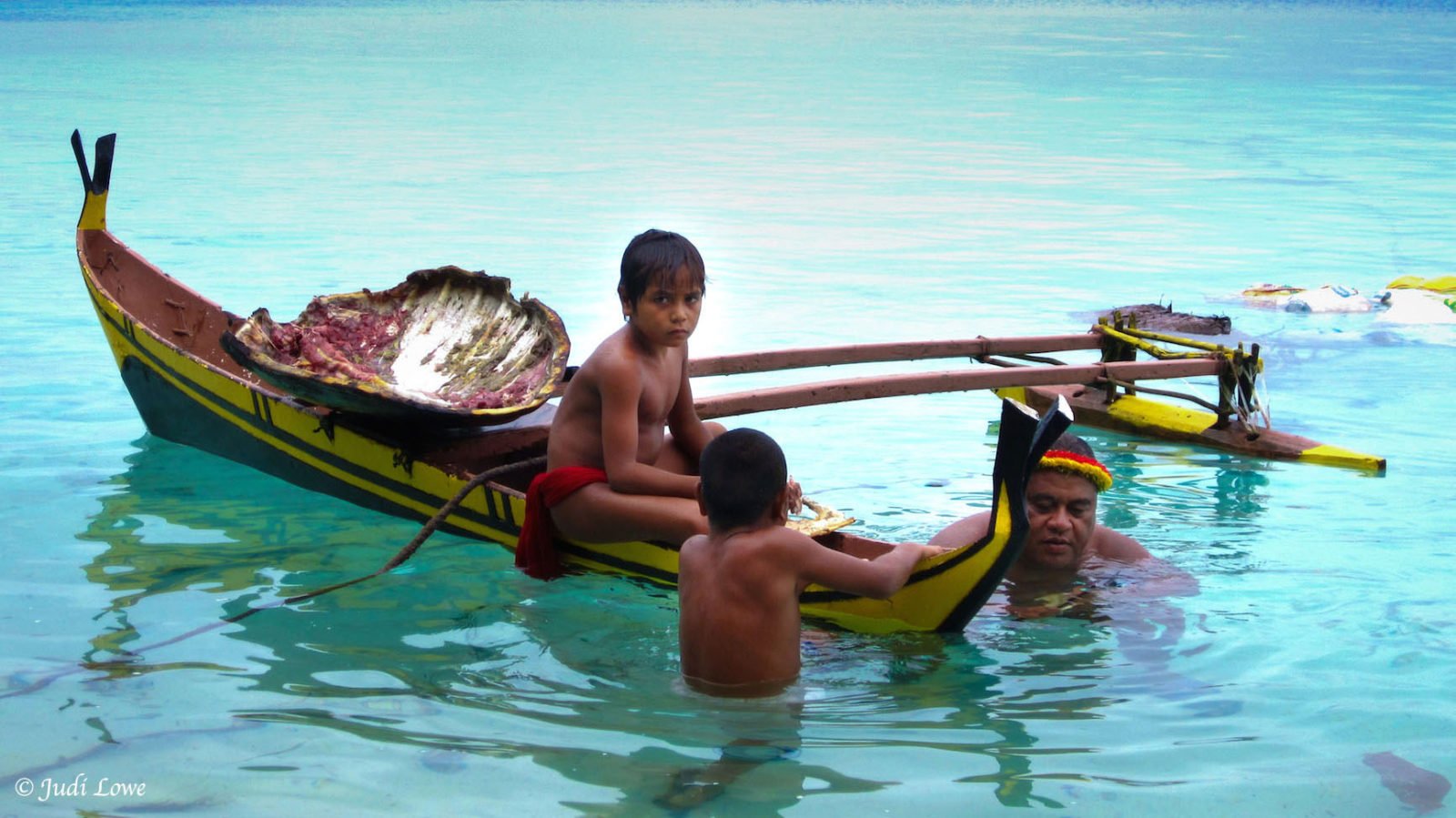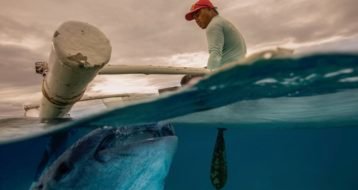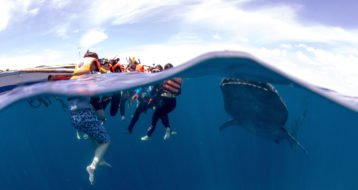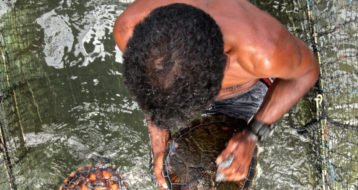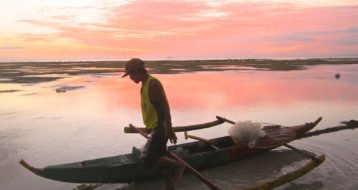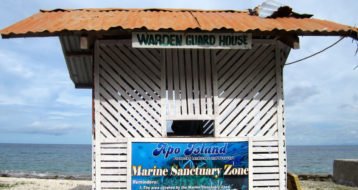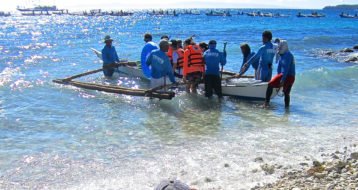why is traditional marine tenure important?
Local fishers and communities in the less developed countries and territories of the tropics rely heavily on coral reef resources for food and income security. Many islands and atolls do not have the soil or water to produce crops or graze animals which would provide protein, including beef, sheep or pigs. Some animal forms of protein are forbidden by religious practice, further reducing protein options. The poverty and remoteness of many fishing communities in the tropics means local fishers and communities are severely disadvantaged by lack of access to public health, education and markets to buy and sell food. Many communities do not have electricity, so refrigeration of food is not an option, even where access to markets exists. All coastal communities eat fish. Fresh catch and salted fish are the primary source of protein for local fishing communities throughout the tropics.
Populations are increasing in communities throughout the less developed countries of the tropics. At the same time, populations and wealth are increasing in developed countries. Local communities want to feed and provide income for their families, while people in developed countries increase demand for seafood and other coral reef resources. Increase in demand for fish and coral reef resources by the developed world is largely met on the coral reefs of the tropics.
Demand for coral reef resources is high, with dive tourism and local fishers and communities competing. As demand for dive tourism to the tropics increases, coastal land is assumed, local fishers and communities are displaced and competition over scarce coral reef resources intensifies.
Fishers cannot pull their boats up on beaches in front of tourist hotels and dive businesses. Dive operators close off areas of coral reefs for dive sites, restricting the access of local fishers and communities and forcing fishers to travel further out to sea in small boats, to find new fishing grounds. Comparatively wealthy dive tourists enjoy beaches and coral reefs whilst excluding traditional owners and threatening their livelihoods.
Conflict arises where dive operators, who stand to gain economic benefit from the exploitation of coral reefs, fail to recognise the traditional marine tenure of local fishers and communities. Dive tourism operators often restrict rights of access to beaches, coral reefs and traditional fishing grounds. Ambiguity of property rights leads to uncertainty and denies local fishers and communities access to the benefit stream from coral reefs. Fishers break rules governing access to no-take zones and marine protected areas. Recognition of traditional marine tenure by dive tourism operators is an important step in reducing conflict and sharing the economic benefits of coral reefs with traditional owners.
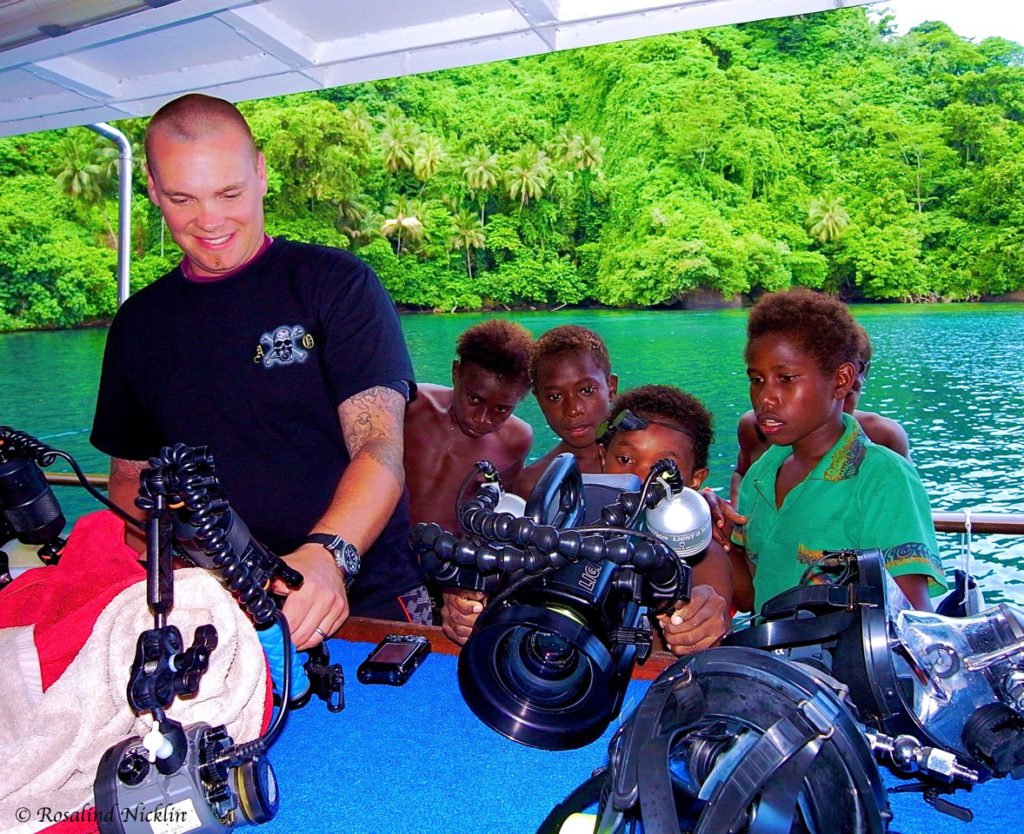
Underwater photographer with traditional owners, Papua New Guinea


